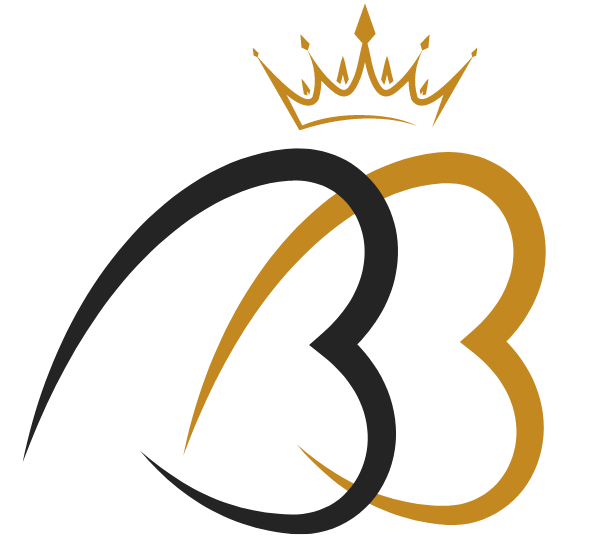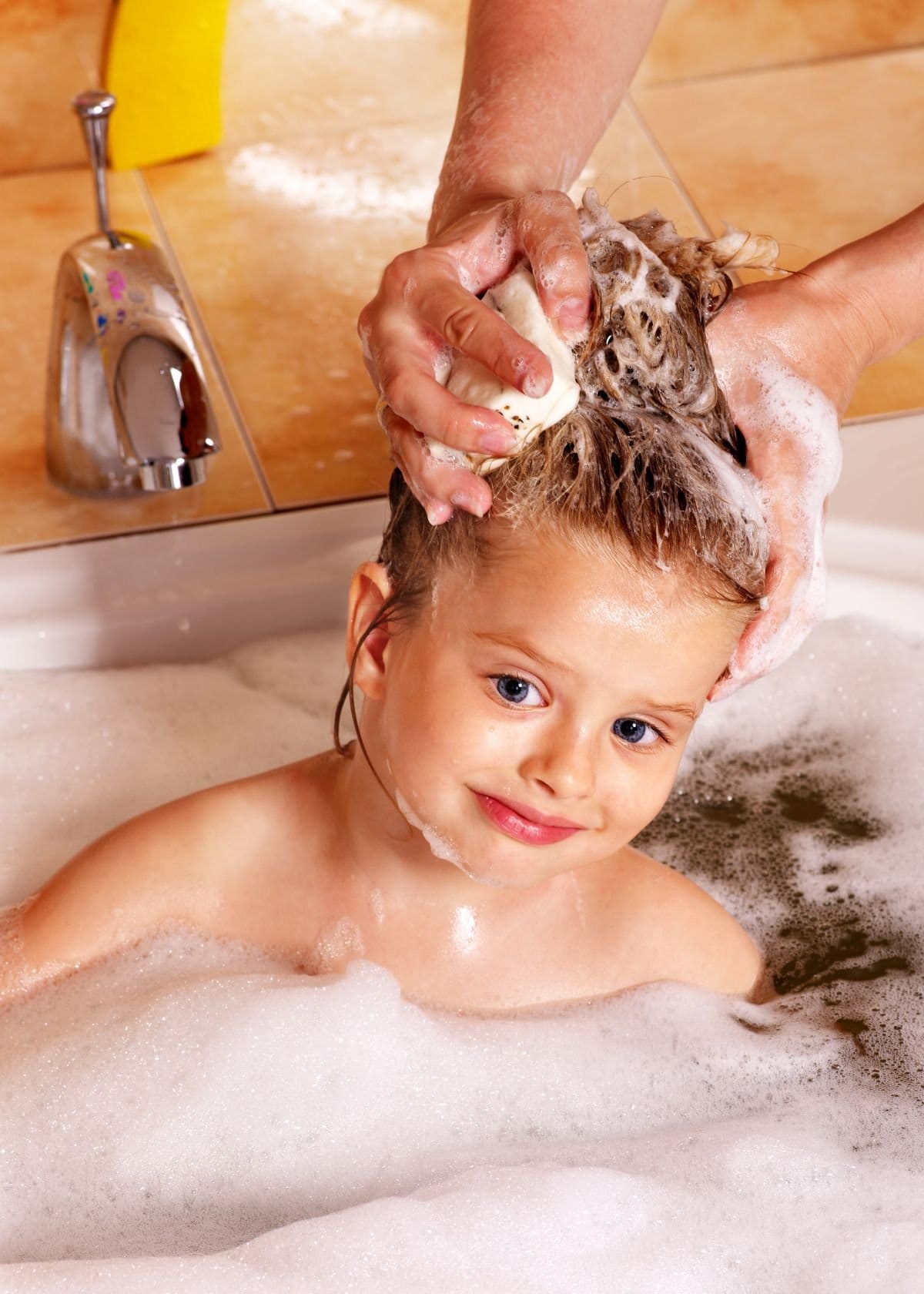Choosing the right time to switch from baby shampoo to adult shampoo is a decision every parent faces, and it varies greatly. Baby shampoos are formulated with gentle and mild ingredients, ideal for infants' sensitive skin and preventing cradle cap.
Yet, as children grow, their hair care needs change. Here, you will learn from baby shampoo to more grown-up options, considering when kids can start using products designed for their age group or even move on to adult shampoos.
Factors such as hair type and skin sensitivity play crucial roles in this decision-making process, along with parental preferences regarding ingredients in kid versus adult formulations.
- Kids can start using kids' shampoo around the ages of 8 to 10, depending on their hair and scalp needs. It's crucial for parents to pick gentle formulas that suit their child’s specific skin sensitivity and hair type.
- The right time to switch from baby shampoo to adult shampoo varies greatly among children. Some might be ready as early as 8 years old, while others may not transition until 14 years. Watching for signs like increased oiliness, more tears, more body odor, or a desire for independence in grooming can help parents decide when it’s time.
- Safety concerns should guide the decision on when a kid transitions from baby shampoo to an adult version. Adult shampoos contain chemicals and fragrances that could irritate young skin.
- When transitioning your child to a new shampoo, whether it's a kid-friendly adult formula or something else suited for older children, do it gradually.
How Kids Shampoo is Different from Adult Shampoo?
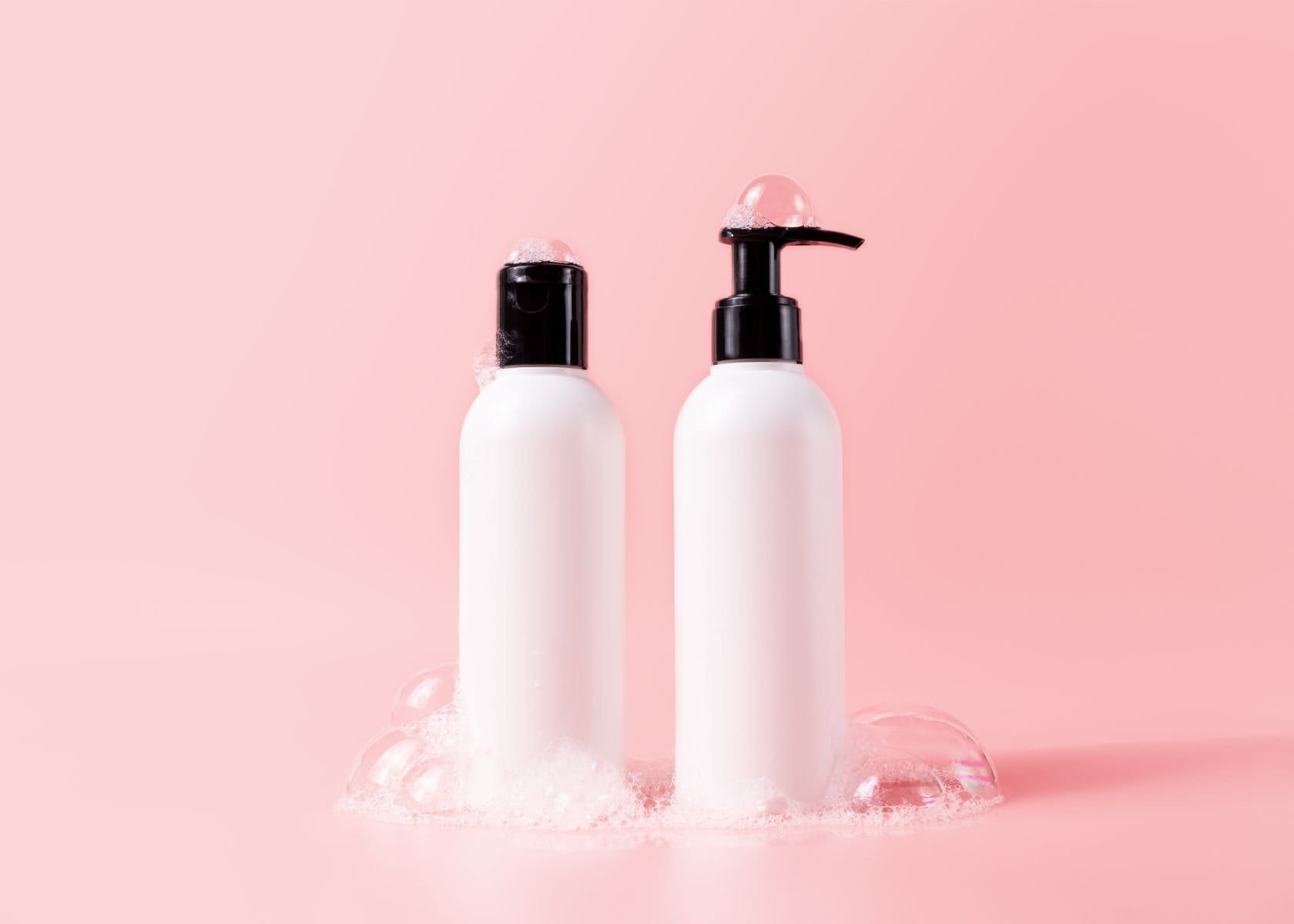
Baby shampoo is formulated with gentle and mild ingredients, making it suitable for children's sensitive skin. It also helps prevent cradle cap in infants. Here is how kid's shampoo is different from adult shampoo:
Gentle and Mild Ingredients
Gentle and mild ingredients are key when choosing the right shampoo for children. These components ensure that the product is safe for young skin, which can be more sensitive than that of adults.
Ingredients such as natural oils and extracts work to cleanse gently without stripping away essential moisture. They help in keeping a child's delicate scalp nourished and protected from dryness or irritation.
Manufacturers often include specific blends of ingredients in children’s shampoo to address common concerns such as cradle cap, tangles, and sensitivity. For example, formulations with chamomile can soothe the scalp while aloe vera hydrates hair strands.
This careful selection aids in maintaining healthy hair growth during early childhood years without exposing little ones to harsh chemicals found in some adult shampoos.
Parents looking for safe shampoo options for young children might choose products labeled “hypoallergenic” or "tear-free" as they tend to contain fewer irritants. These shampoos undergo tests to minimize risks of allergic reactions, making them a preferred choice for kids transitioning from baby shampoo.
As every child's needs vary based on factors like hair type and skin sensitivity, selecting gentle formulas becomes an essential step in fostering positive hygiene habits from an early age.
Suitable for Sensitive Skin
Suitable for sensitive skin, children's shampoos are formulated with mild and soothing ingredients to cater to delicate scalp and hair needs. As parents navigate the ever-evolving realm of child grooming products, it is essential to prioritize gentle formulas that are tailored towards young ones.
Pediatrician-recommended options ensure meticulous attention is paid not only to cleansing but also to protecting the scalp from potential irritants, making them suitable for sensitive skin.
The decision on which shampoo to use becomes even more daunting when dealing with a child’s sensitive skin. Ultimately, there is no one-size-fits-all answer as each child's needs may differ.
Understanding factors such as age-appropriateness and the individual characteristics of your child's hair can help in making an informed choice when transitioning from baby shampoo or embarking on introducing kids' shampoo.
Helps Prevent Cradle Cap
Transitioning from discussing baby shampoo's suitability for sensitive skin, it's important to note that using gentle and mild baby shampoo can also help prevent cradle cap in infants.
Cradle cap is a common condition characterized by scaly patches on a baby's scalp, which can occur due to the buildup of natural oils and dead skin cells. Using a baby shampoo specifically formulated to be gentle on the scalp can contribute to maintaining a healthy scalp environment for infants, helping prevent the occurrence of cradle cap.
This aligns with parents' desires to provide their babies with products that are safe, effective, and tailored towards addressing specific infant care needs.
When Can You Switch to Adult Shampoo?
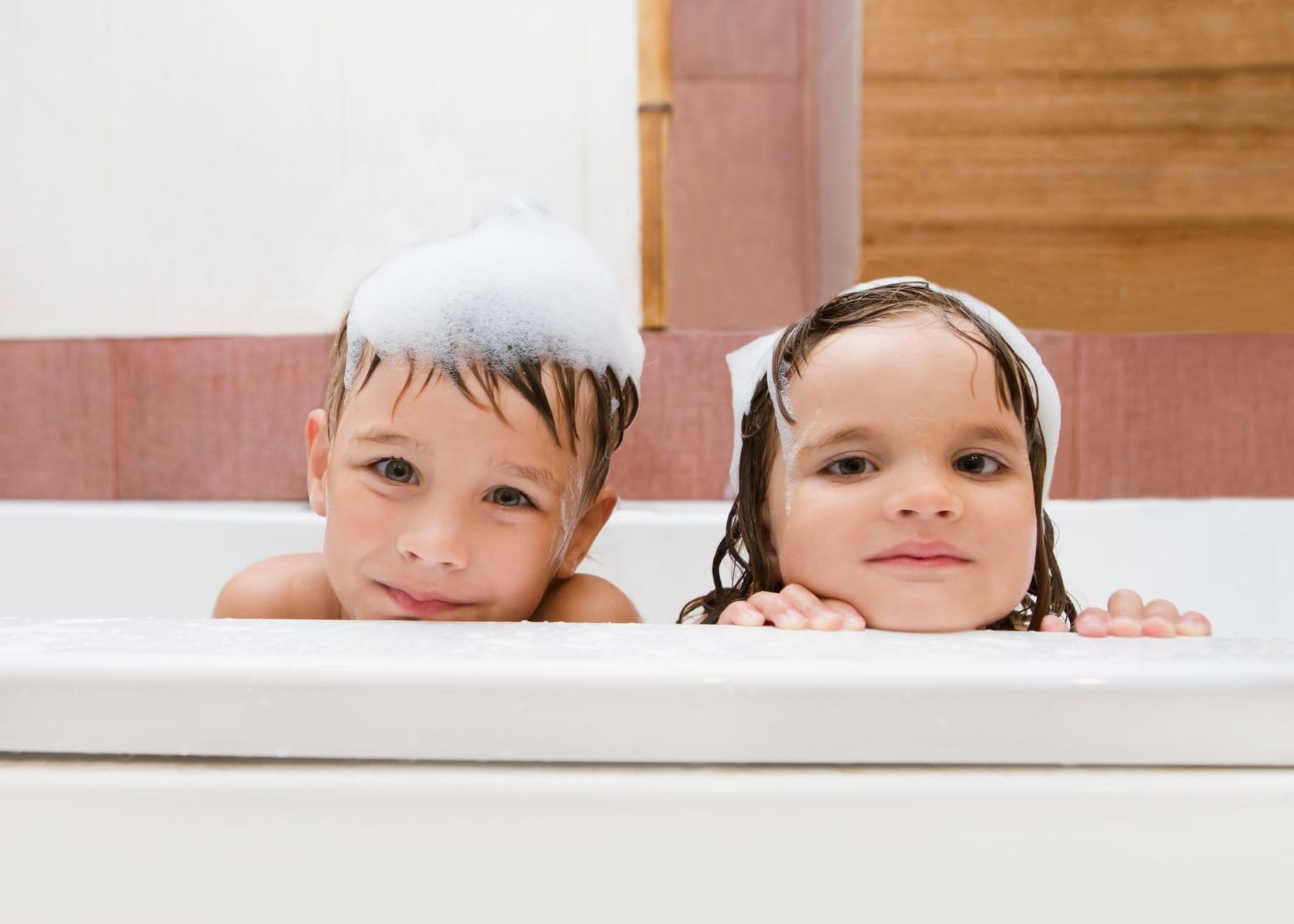
The timing for transitioning from baby shampoo to adult shampoo varies for each child, depending on their hair, scalp condition, and individual needs.
Varies for Each Child
Children's readiness to transition from baby shampoo to adult shampoo varies for each child. Factors such as hair type, skin sensitivity, and individual preferences influence the decision.
Some kids may be ready for adult shampoo as early as age 8, while others might not feel comfortable with the change until they are preteens or even teens. Parents should pay attention to signs that their child is ready for the switch, rather than adhering strictly to a specific age guideline. One way is to look for adult hair. The same goes for baby wash and other baby stuff like body washes.
Ultimately, it is crucial for parents to consider their child's unique needs and make an informed choice when transitioning from baby shampoo. This decision can be influenced by various factors such as personal beliefs about ingredient safety and the desire to use gentle products tailored towards children's delicate skin and hair.
Factors to Consider
Here are some factors to look for when switching from kids' shampoos to adult shampoos:
- Hair type – straight, curly, or wavy
- Scalp sensitivity
- Environmental factors such as pollution and climate
- Activity level and amount of sweat and dirt buildup
- Parental choices on ingredients and fragrances
- Child's comfort with scents and textures
- Presence of eczema, dermatitis, or other skin conditions
- Allergic reactions to certain chemicals or fragrances
- Hair washing frequency and habits
- Usage of styling products or treatments
Common Concerns About Using Adult Shampoo on Kids
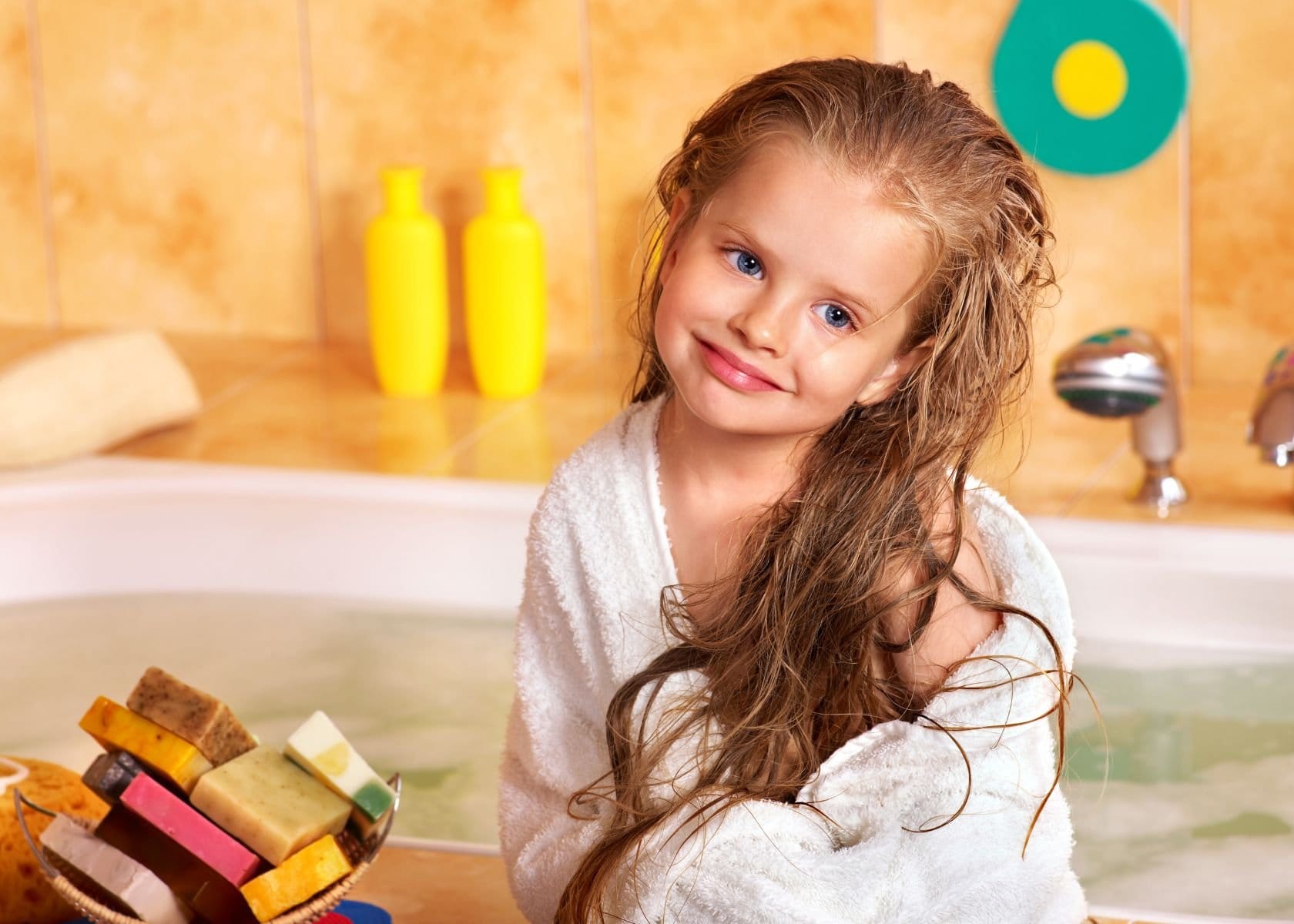
Using adult shampoo and conditioner on kids can raise safety concerns and the potential for irritation. It's crucial to consider the appropriate age and potential effects before making the switch.
Safety Concerns
When considering the switch from baby shampoo to adult stuff or shampoo for children, safety concerns are paramount. Using adult shampoo on kids can pose potential risks due to the presence of fragrance and harsh chemicals which may cause irritation or allergic reactions in young, sensitive skin.
It is crucial for parents to carefully assess the ingredients in shampoos and opt for gentle, pediatrician-recommended products that are specifically formulated with children's delicate hair and skin in mind. The formula should have herbal essences and it shouldn't have harsh chemical as in regular shampoos.
Additionally, transitioning to adult shampoo should involve close monitoring for any adverse reactions or discomfort experienced by the child.
Appropriate Age
Children typically begin using kids' shampoo around the age of 8 to 10 years old. At this stage, their hair and scalp are more developed, making it suitable for them to transition from baby shampoo.
However, some children may continue using baby shampoo until they are about 11 or 14 years old if they have particularly sensitive skin or require gentler products. When selecting a kids shampoo, it's essential to consider factors such as hair type and skin sensitivity so that the product is tailored to your child's needs.
As children approach preadolescence (around age 10-12), parents can assess whether their child is ready for adult shampoo based on their individual needs and hair growth patterns. It is also advisable to consult with a pediatrician regarding the appropriate time for transitioning to adult shampoo.
Potential for irritation
As children transition from baby shampoo to adult or kids shampoo, there is a potential for irritation due to the different ingredients and formulations. Fragrances and certain chemicals found in adult shampoos can be harsh on children's sensitive skin and scalps.
Furthermore, some kids' shampoos may also contain ingredients that could cause allergic reactions or scalp sensitivities if not suitable for their individual needs. It is essential for parents to carefully read the labels of any new products they are considering to ensure it will be gentle enough for their child's hair and skin.
When making the switch between shampoos, parents should pay close attention to how their child's scalp reacts. Any signs of redness, itching, or discomfort should prompt a reevaluation of the chosen product.
When Can Kids Use Adult Shampoo - FAQs
As children grow, their hair care needs change. Many parents wonder when it's appropriate to transition from using specialized children's shampoo to adult formulas.
Here, we'll address common questions and concerns surrounding this topic, providing you with the information you need to make an informed decision about your child's hair care routine.
When should kids stop using baby shampoo?
Kids can start transitioning from baby shampoo to child-friendly hair products around the age of 8 or 10, depending on their skin sensitivity and hair type.
At what age is it okay for kids to begin using kids' shampoo?
Children can begin using shampoos formulated specifically for kids once they outgrow the need for tear-free baby shampoos, typically around three to four years old.
Can children use adult shampoo, and if so, when?
Yes, children can switch to gentle adult or age-appropriate shampoo when they are about eight to ten years old, especially if they have outgrown pediatrician-recommended kid's shampoos.
How do I know it's time to transition my child from baby to regular shampoo?
Look for signs that your child’s hair needs more than what baby shampoos offer, like oiliness or tangles; this usually happens during the toddler years or as they approach preteen ages.
Conclusion
As you consider when to switch your child from baby shampoo to adult shampoo or kids' shampoo, keep in mind that there's no one-size-fits-all answer. Consider your child's individual needs and hair type.
The decision is ultimately up to you as a parent, based on what best suits your family values and beliefs. When making the transition, focus on choosing gentle and safe ingredients for their developing skin and hair.
Find a pediatrician-recommended option or kid-friendly product that meets their unique requirements. Let us know in the comments below when you decided to switch from kid's shampoo to adult shampoo for your little one.
Read More About Kids Shampoo

